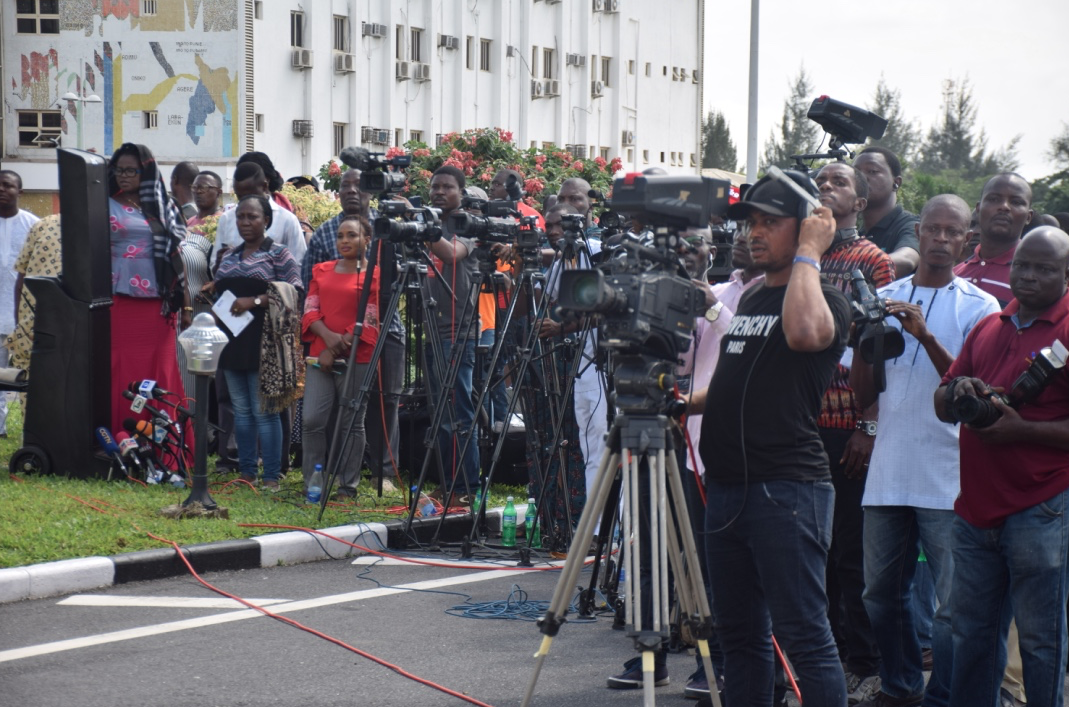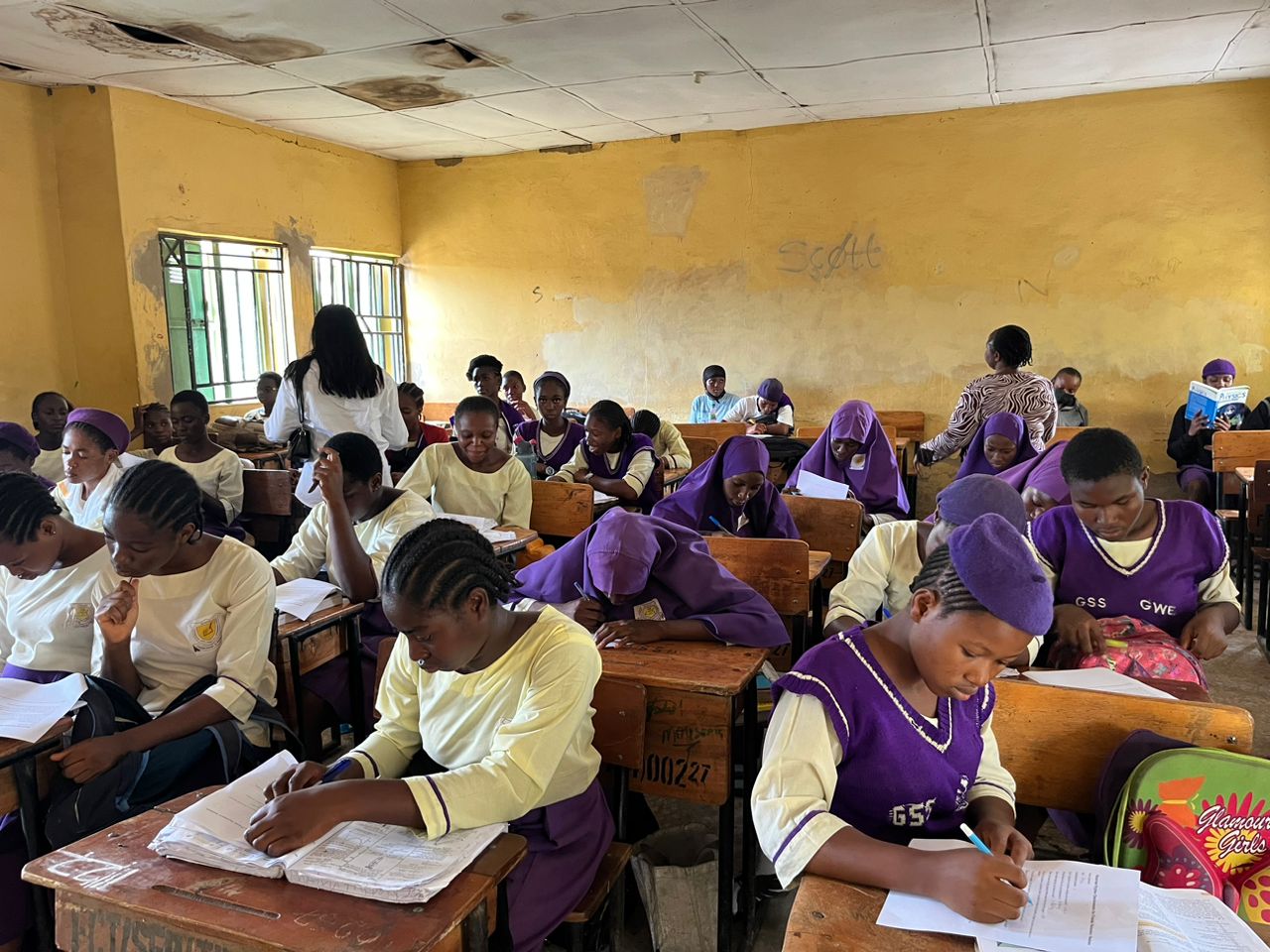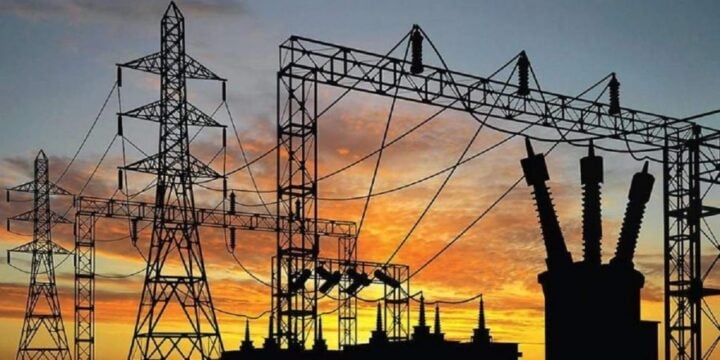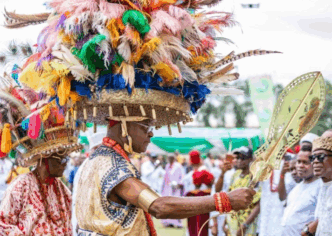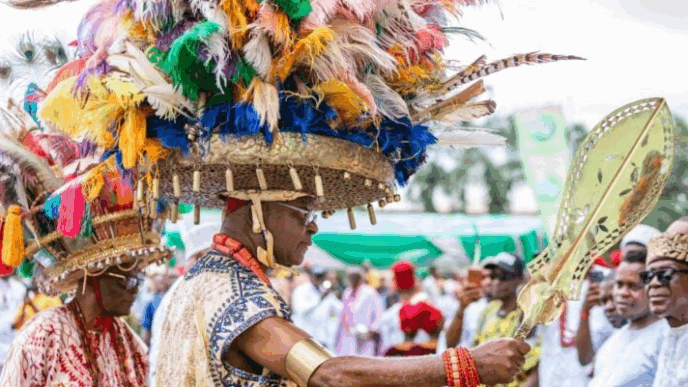BY ISAIAH KUMUYI
Every morning in Nigeria, millions wake to the rhythm of headlines. They tune in to broadcasts, scroll through timelines on their phones, or reach for newspapers. What they often find are stories designed to shock rather than to shape, to agitate rather than to empower. The result is a citizenry conditioned to despair; angry but helpless, informed but uninspired. Have you wondered why your mood dims and your energy zaps after a prolonged period of listening to the news?
I posit that the news must do more than stir fleeting emotions. As media psychology shows, the stories we consume are not neutral. They mould perception, shape belief, and influence behaviour. The media does not merely report reality; it participates in constructing it.
Communication theorist George Gerbner, in his Cultivation Theory, demonstrated how prolonged exposure to particular kinds of media cultivates specific worldviews. In his classic studies, viewers who watched heavy doses of violent content came to believe the world was more dangerous than it actually was, a distortion he called the “mean world syndrome.” Translate that to Nigeria today: if our media diet is dominated by corruption, collapse, and chaos, the danger is that we cultivate what I describe as “a failed nation syndrome”, a public mindset that expects nothing good, believes nothing works, and sees no reason to try. Do a sentiment analysis of the commentaries of Nigerians on social media, and you will agree with me that this syndrome already lives with us.
Advertisement
Equally instructive is Robert Entman’s Framing Theory, which emphasises that how issues are presented – the angles highlighted, the context provided, and the language and tone employed – determines how audiences interpret them.
A policy framed only as a burden is received with resentment, but framed as an opportunity, it can inspire participation. Take the newly consolidated tax laws as an example. How have the major Nigerian media outlets – and social media commentators – framed topics of discussion? Was the framing done to pique the interest of Nigerians in the mechanics, consequences, and possibilities of the new tax regime or to simply rail them against the government?
By emphasising dysfunction without balance, Nigerian media frames the nation as irredeemable. But by highlighting resilience, innovation, and reform alongside the challenges, it can frame Nigeria as a work in progress where citizens still have agency.
Advertisement
I must quickly note, at this point, that this is not an appeal for sanitising reality. Far from it. The first duty of Journalism is to Truth. But truth is richer than catastrophe alone. Context matters. Balance matters. Direction matters.
Instead of drowning the public in grim unemployment figures, why not pair them with stories of startups defying the odds or policy pathways worth debating?
Instead of reducing governance coverage to a carousel of scandals, why not spotlight models of integrity and leadership worth emulating? News can still tell the hard truths, but in a way that equips the public to think, not just tremble.
The Nigerian mind is already overburdened by the daily struggles of every kind you can think of. What it needs from the news is not more alarm, but clarity; not endless despair, but usable insight. Every headline is a chance either to sap energy or to stir resolve. Every report is an opportunity either to foster cynicism or to spark constructive agency among Nigerians.
Advertisement
Our nation is in desperate need of re-imagination. The media holds a crucial role in that process. By choosing to frame stories responsibly and balance problem-exposure with solution-orientation, journalists can help Nigerians see not only what is broken but also what is fixable. They can help us recognise that we are not powerless spectators but active participants in shaping our destiny.
News should not be the soundtrack of decay. It should be the drumbeat of awakening.
Nigeria will be great again, but the media and the millions of minds they mould will play a critical role in that.
Isaiah Kumuyi writes from the University of Lagos
Advertisement
Views expressed by contributors are strictly personal and not of TheCable.
